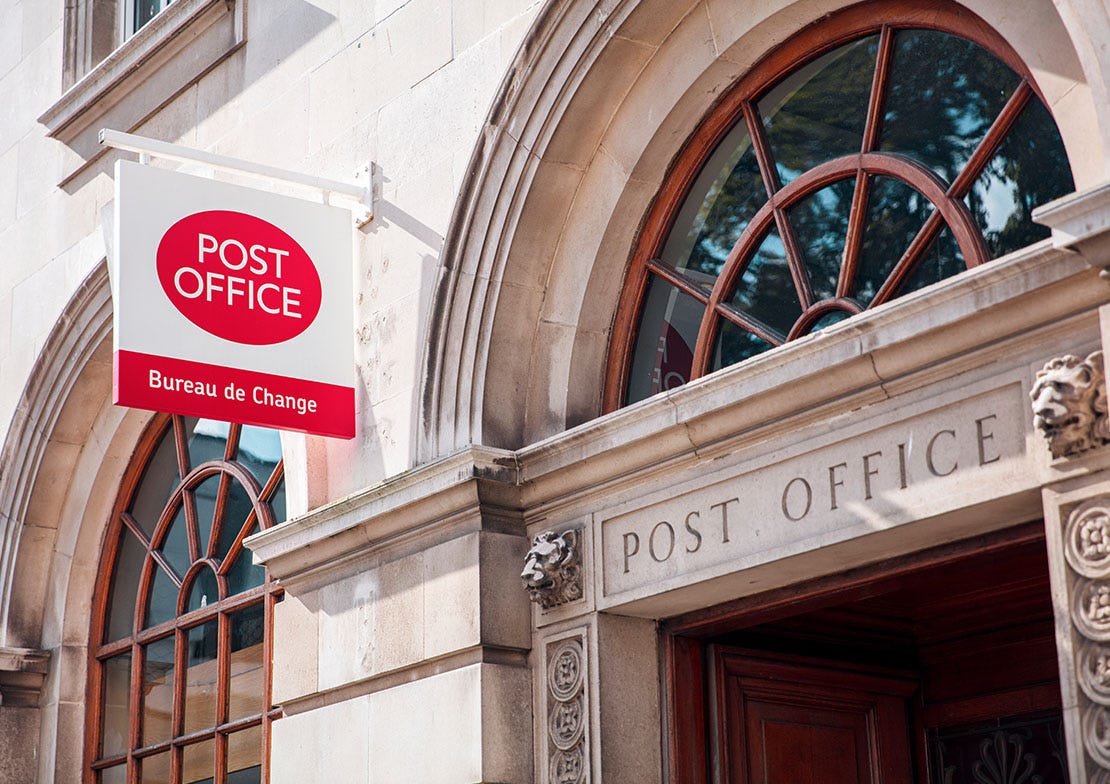The devaluation of shame
Shame has so little currency now. And so there is nothing stopping the truly shameless
This is the fortnightly paid version of my newsletter. The price of this newsletter is now £5 per mont/£50 per year and you can subscribe here.
However, many of you may know that I record a weekly podcast with Charlotte Henry who writes the brilliant and informative The Addition substack. We are now offering, via Patreon, the chance to subscribe to BOTH our newsletters and get extra podcast content for what amounts to around £60 a year. Your support for independent media is greatly appreciated. These projects take work and care and we really appreciate your support and recognition of that. Click the image below to sign up.
I have to admit that I feel a certain amount of envy of the truly shameless. So much of my life is spent worrying over places where I’ve messed up, gone wrong, got things wrong and occasionally even deliberately done the wrong thing (I try not to - but let’s face it, this does happen. I’m no saint.). Imagine not expending that energy on this worry, guilt and shame. What more could I be doing with my life?
Imagine if I didn’t have shame to stop me from doing terrible things. Could I be rich by now instead of obsessively checking my bank account and turning off the heating as much as possible? Could I be the head of a vast organisation wielding unimaginable power and governing by fiat and whim?
Well, probably not. I am sure other facets of my mediocrity would have come to the fore. I am far from claiming that it is only my scruples that lead me to not being World King.
But in a moment of sheer despairing frustration after watching Mr Bates Vs The Post Office I tweeted this:
I think this speaks to something that a great many people more and less plugged into politics than I am are feeling. It was central to the theme of Starmer’s (rather good) New Year speech where he reflected that it was hardly surprising that so many people are anti-Westminster when so many of the stories of Westminster reflect the worst of human nature. There seems to be a real and increasing shame deficit among our leaders and politicians. Not all of them. Not even a majority. But enough to make it a cultural rather than an individual phenomenon.
Partly, of course, the devaluing of ‘shame’ is a natural response to it being somewhat overvalued as a political tool in the first place. I am very fond of this quote from one of my all-time favourite satirists Tom Lerher:
“I don’t think this kind of thing [satire] has an impact on the unconverted, frankly. It’s not even preaching to the converted; it’s titillating the converted. I think the people who say we need satire often mean, ‘We need satire of them, not of us.’ I’m fond of quoting Peter Cook, who talked about the satirical Berlin cabarets of the ’30s, which did so much to stop the rise of Hitler and prevent the Second World War.”
Tom Lehrer
For a long time, the Guardian reading Wokerati like me thought the government might be brought down by Spitting Image, by The Day Today, by Have I Got News For You.
Instead, these spaces became the playthings for the shameless. I am not of the school that thinks that HIGNFY is solely responsible for the rise of Boris Johnson, but it certainly contributed not simply to his ubiquity but to the sense that he was ‘a laugh’. His ability to sit through the retorts of Hislop, Merton and the other panellists taking the piss made him seem relatable and human and ‘one of us’ despite the obvious ways in which he is absolutely not ‘one of us’.
Then came the social media shaming campaigns. And let’s face it most of us have experienced something like that at some time or another. Wrongthink is a very alive concept on Twitter (the social media platform which is smaller than most, but has the most reach into politics) and if you fall foul or even look like you might have fallen foul there are millions there ready to tell you so - to shame you for it.
What they get out of it is fairly obvious. They get the dopamine hit of publically being on the ‘right side of history’. The sense of belonging and tribalism that all packs feel from primary school bullies to church congregations. And you get for it to not be you one day more. The ‘look over there’ instinct is powerful and any story of totalitarianism from 1984 to Ceaucescu’s Romania (Which I am reading a lot about for a thing) will show you how deflty the powerful and shameless trigger it in those over whom they hold domain.
But what if satire and these low-level deployments of shame are really teaching us all the wrong lessons?
Keep reading with a 7-day free trial
Subscribe to The Political Human to keep reading this post and get 7 days of free access to the full post archives.





